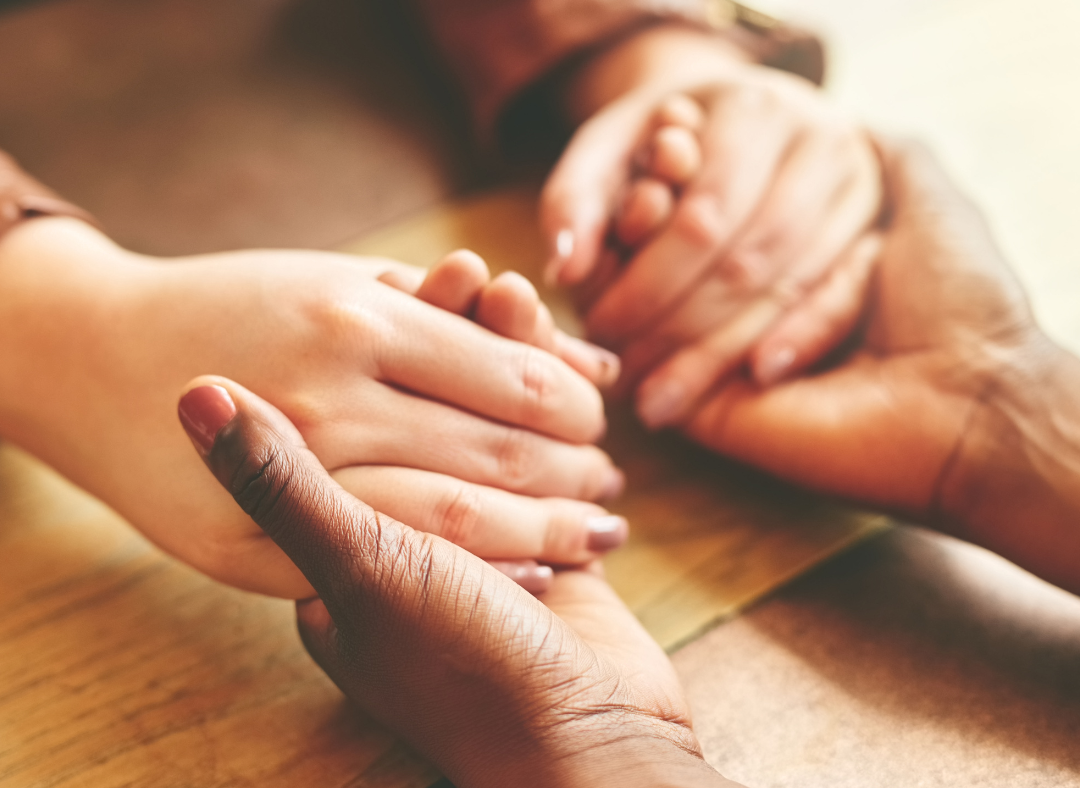We all experience some sort of loss in our lives. The experience is different for everyone. It is so easy for some of us to forget what that pain was like and for others, they never forget. What we have to keep in mind is that the pain of loss is different for everybody. We all cope with it differently, and what is not spoken of enough is how to be there for someone who is going through grief. It is easy for us to know what type of comfort we like but it does not always apply to others.
What happens when we are grieving or lose something/someone?
Loss can be anything. This can include people you lose, jobs, objects, or anything we attached ourselves to. When someone who is grieving is experiencing loss, there are so many changes that are happening, especially with how they perceive the world. Since they tend to internalize the loss, some people have a difficult time recovering from the trauma of experiencing the loss of a family member, close friend, or even their job (Giannopoulou et al., 2018). Ultimately there are a lot of changes because now the person has to live in a world where who or what they loved is no longer there.
Grief is linked to a variety of various mental processes, including the ability to retain memories, the ability to imagine ourselves in another’s shoes, and even abilities to control our heart rate and the way we endure pain and suffering (McCoy, 2021). Change of habit is difficult. Ultimately there are a lot of changes considering the person has to live in a world where who/what they loved is no longer there. Clients often describe their loss as an experience that often feels like their life has been turned upside down and life seems to be going on regardless of what they are experiencing.
How you can best be there for someone who is grieving?
The main point brought up in counselling by clients is that people don’t know how to be there for them. They are scared to talk about the person or thing they lost and they offer advice they did not ask for. Having a support system is one of the backbones of the person who is grieving.
What you can do:
● Listen to what they are going through without judgment,
● Ask them how would like to be comforted
● Talk about the deceased/what they have lost – often they know you are trying to avoid talking about their loss.
● No advice
● No comparisons – this makes them feel like they should progress more in their grieving progress. This creates stress and can make the person put their grieving on hold
● Take them to enjoy some activity they like
● Give them space to be; it does not look the same every day
● Remind them that their life is not over, they can carry/honour the loss with them and still enjoy life (McCoy, 2021).
● Encourage them to find support groups – they often need to be around people who have experienced similar pain.
● Encourage them to see a grievance counsellor – this will help them make sense of what they are going through (Worden, 2018).
References
Giannopoulou, I., Bitsakou, P., Ralli, E., Chatzis, F., & Papadatou, D. (2018). Addressing cultural issues in grief counseling with immigrants: The case of a bereaved Filipino family following homicide. The European Journal of Counseling Psychology, 7(1).
McCoy, B. (2021, December 20). How your brain copes with grief, and why it takes time to heal. NPR.
https://www.npr.org/sections/health-shots/2021/12/20/1056741090/grief-loss-holiday-brai n-healing
Worden, J.W. (2018). Grief counseling and grief therapy, Fifth Edition: A handbook for the mental health practitioner. New York, NY: Springer Publishing Company.
The Author: Sakeerah Gamieldien (Humanitas Intern)
Here is a little bit more about her:

I’m Sakeerah and I’m pleased you have reached Humanitas/Vita Nova. We all share a common blue sky, possess self-knowledge, and only require a little cooperation and support to proceed down the intended course.
I have successfully completed my BA Honours Degree in Psychology at the University of the Western Cape. I chose this path because I love working with people and helping them gain clarity and confidence in their lives.
I am a big believer that with the right environment, people will be able to help find ways to better manage their conflict/uncertainty. As Nelson Mandela said before “It is in your hands, to make a better world for all who live in it.” I wish to play my part in making life a little simpler to navigate.


